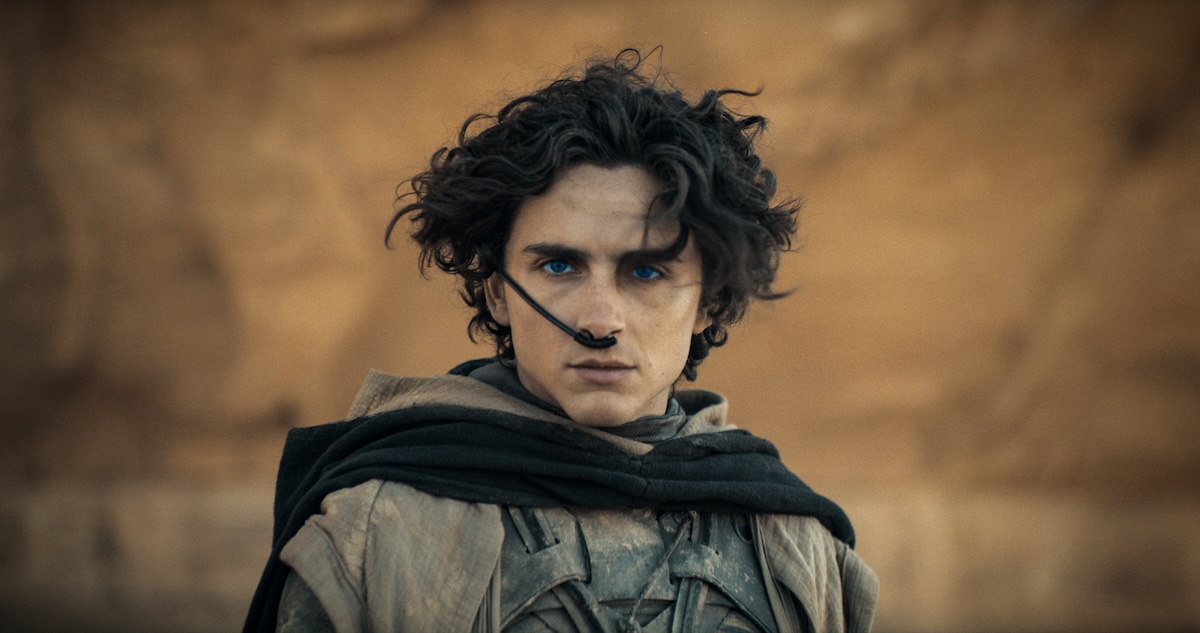Is Paul Atreides in His Villain Era?

We may be on this journey with Paul Atreides, but the question is: Can we trust him? Is he becoming a villain or is he a man burdened with a destiny that he did not ask for? That’s what the end of Dune: Part 2 leaves us to question.
Throughout Dune: Part 2, Paul (Timothée Chalamet) is coming to terms with his new life. Living among the Fremen, he must learn their ways to gain acceptance from the community and Chani (Zendaya). Paul often laughs off the idea of being the messiah, the one who will free the Fremen, but he doesn’t try to dissuade some of the Fremen from believing in him.
As his relationship grows with Chani, she warns him that she doesn’t want that power to consume him. Despite her pleas, we watch as Paul falls victim to this messiah narrative. This begs the question: Where does Paul Atreides lie on the spectrum of good vs. evil? And is that moral dichotomy even applicable to something like Dune?
Muad’Dib, Paul’s chosen name, is a terror to those who cross his path. He is on the brink of a galaxy-wide holy war. The Paul we know from the first Dune film becomes unrecognizable by the end of the sequel. So is Paul a villain, a hero, or something in between?
The story of a tragic man
Paul is given a power like no other when he drinks the Water of Life. Finally embracing his identity as the Messiah, Paul takes on the kind of power that Chani feared. Still, there is a difference between becoming the hero of the Fremen vs. a god-like messiah.
A simple label of villain or hero is not enough for Paul Atreides: he’s neither. Maybe that will change in the future as Paul’s journey continues. For now, he’s just a man with a destiny that may or may not lead him down a dark path.
(featured image: Warner Bros.)
Have a tip we should know? [email protected]
